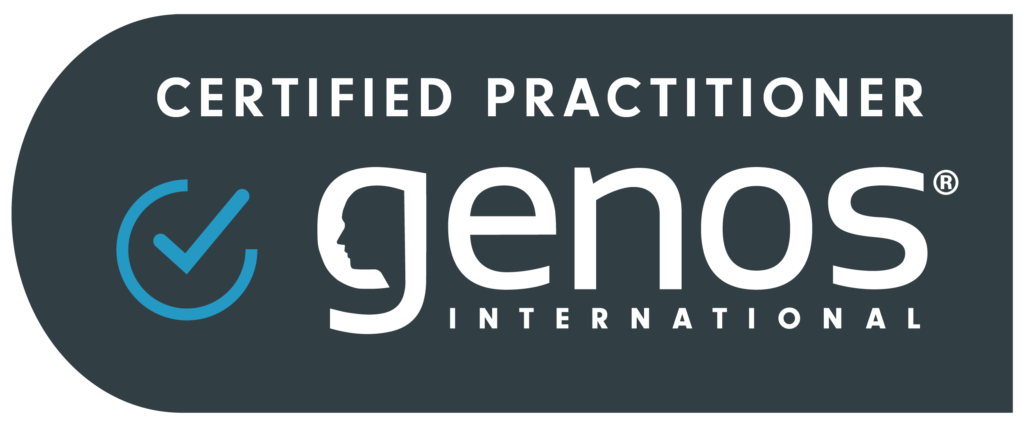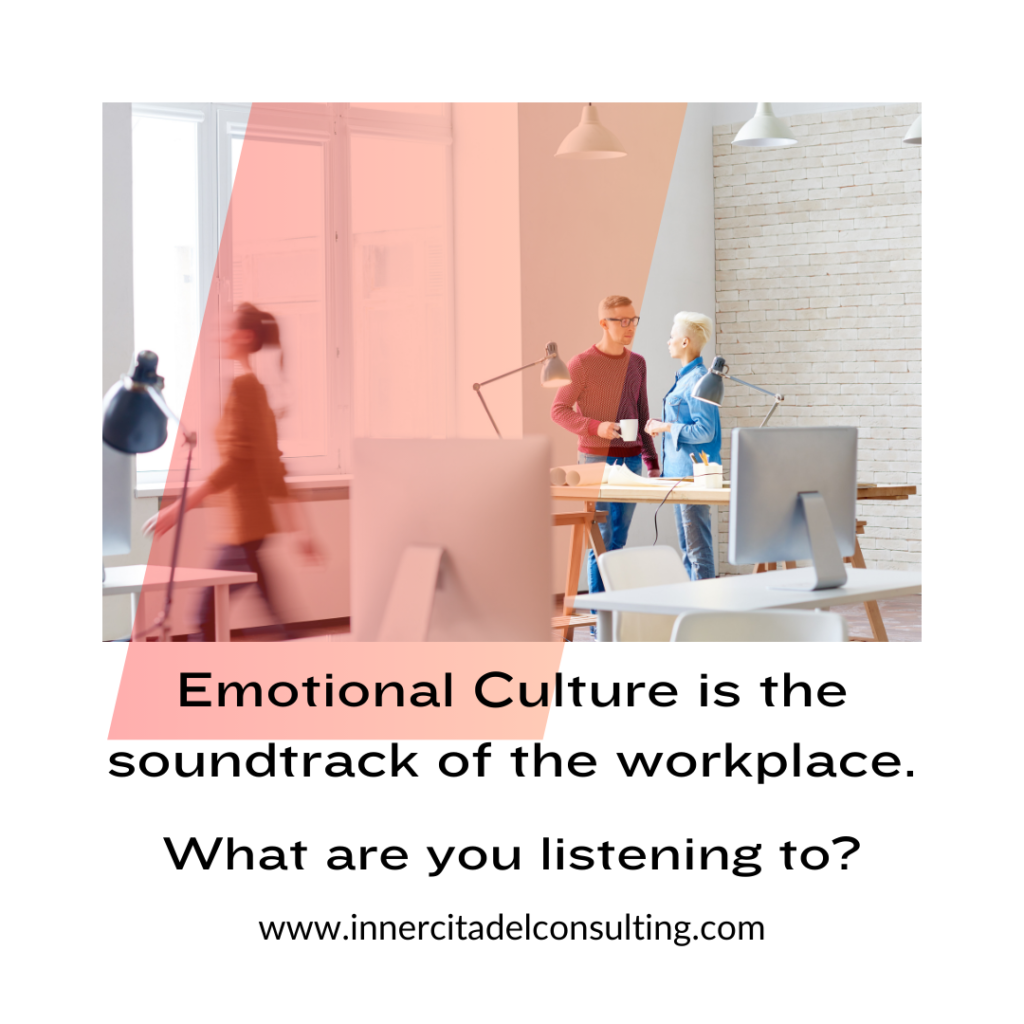or… Celebrating that the Sky is Blue.
Breathing
Every mindfulness tradition I have heard of celebrates and uses the breath in the process of centering, becoming aware, expanding consciousness, letting go, ramping up – I have always felt deeply affected when doing breath-work properly. In my tai chi and chi kung practice, I always wondered why some movements were paired with breathing in and out through the nose, or in through the nose and out through the mouth, or in through the mouth quickly, and so on… In my organizational mindfulness work, I tend to emphasize breath-work for two purposes, to support directing attention and to calm the nervous system. I have never felt I needed scientific proof of either. But of course it is good to have evidence for the curious and skeptical.
Brain
There are a ton of studies about the brain and meditation. One of the most popular assertions is that an MBSR or similar 8-week course can change your brain structure, boosting the thickness of the hippocampus, which is involved with emotional regulation (i.e. emotional intelligence) and which can produce new brain cells. A recent carefully controlled study shows that to be a pretty outrageous claim, but that’s not a big surprise to me. Real change takes time. But you can affect the functioning of the amygdala and the hippocampus after 8 weeks (or five minutes) with mindfulness practices.
And there are a ton of studies that show how the functioning of the brain changes with mindfulness practice. For example, we can see function directly with EEG and brain wave patterns (some easy-access discussion here). Likewise, this blog from the Mayo Clinic, which shows that there might be actual changes to brain structure in long-time meditators (like, 20 years long). It talks about “changes in the brain” but mostly describes the effect of mindfulness on the functioning of the brain. And that’s what I’m interested in.
Breathing
There’s all kinds of social proof out there of the way breathing affects things like acute anxiety, stress, etc. And there are plenty of studies of varying degrees of validity that show positive effects. I mean, geez, the Navy Seals are famous for using box-breathing to achieve calm under stress. Box-breathing traces its roots back to the Ayurvedic traditions. But me, I’m pretty confident that the sky is blue without someone proving it to me. I know breath-work works for me and many others I’ve encountered to achieve different effects and states in the body and the brain. I know there is a mind-body connection that is most easily felt through the breath. And yet …
I was pretty geeked to see this exciting if preliminary study that “identifies a respiration-related brain network underpinned by neural activity” in rats. I am excited to see what can come out of trials with mindfulness practitioners. Why am I so geeked, when I know the sky is blue? Partly I just love this stuff – it’s cool (and kinda nice to have what I believe and practice validated objectively, if I’m honest). But partly, other people need proof that the sky is blue, and I’d like to be able to point them to that proof so they can practice mindfulness.
What would your workplace be like if more people knew how and when to take a calming breath? If more people were able to recover from adverse moments faster? If more people were more aware of others around them?





